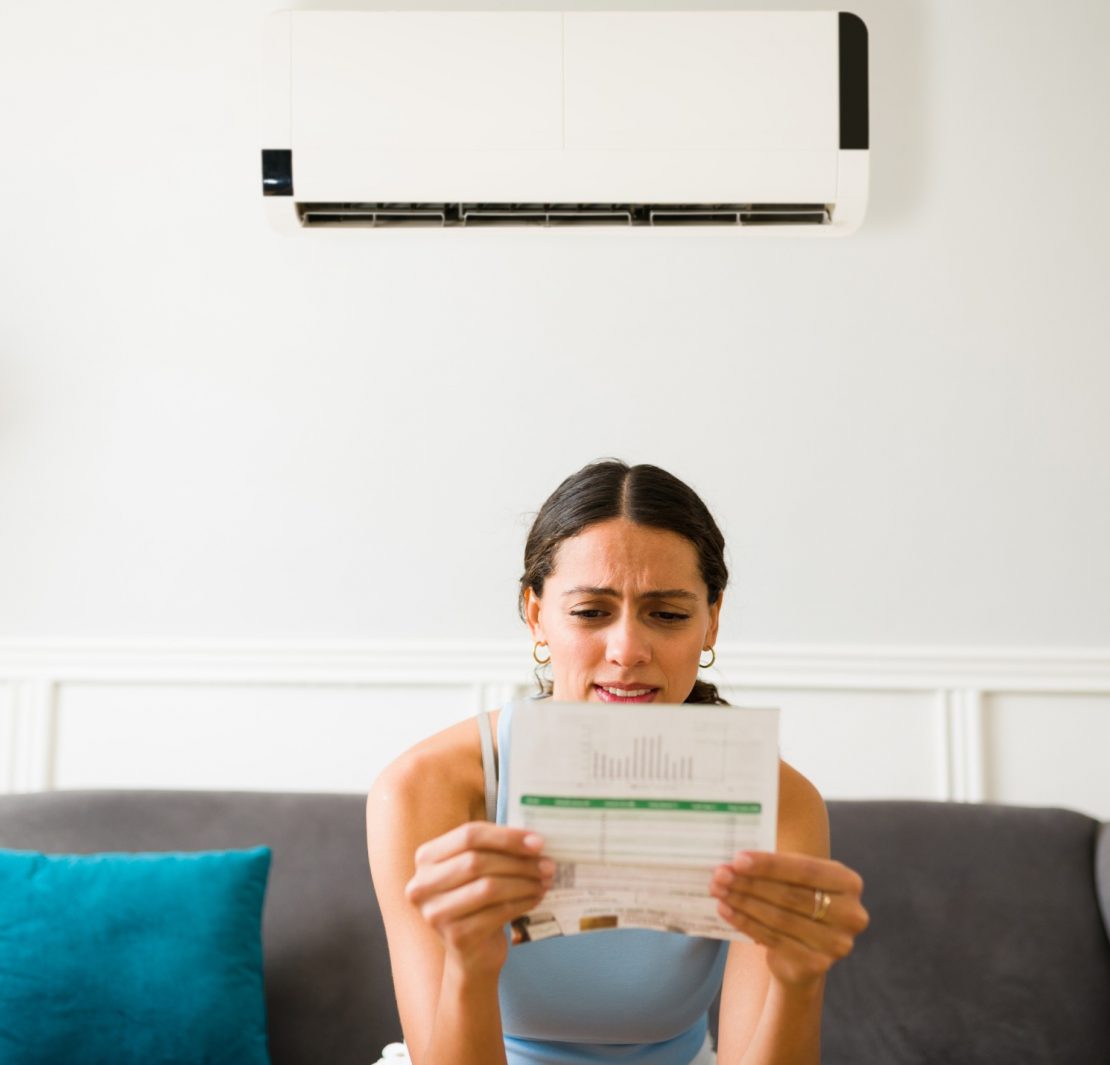Living in an energy-inefficient home on a daily basis often means making significant concessions on your quality of life. Beyond the inconveniences of excessive humidity and difficult-to-control temperatures, the impacts of insufficient insulation are most felt in the energy bill. What can you do as a tenant to improve this situation? Discover all our advice in this article.
Negotiate as much as possible with the landlord
Landlords should undertake work to improve the energy performance of rented homes whenever possible. Whether it’s reinforcing the home’s interior insulation, installing a mechanical ventilation system (VMC), replacing single glazing with double glazing, or installing a more efficient boiler, several projects can significantly improve the energy performance of an apartment or house.
Don’t hesitate to engage in dialogue with your landlord to see which improvement works are possible. If they can’t determine the most effective works, they can always rely on an energy audit conducted by a professional (or even on their energy performance certificate, which is mandatory for any sale or rental of housing in Luxembourg).
Adopt good practices in an energy-inefficient home
Your landlord can’t immediately undertake energy renovation works? While waiting for your house or apartment to better meet basic insulation and humidity management requirements, you can adopt a few good habits to lower your energy bill and feel better at home.
Reduce heating by one degree
If you lower your heating by just 1°C, you can save up to 7% on your energy bill[1]. If your home allows you to customize the heating settings, know that a temperature of 16°C is sufficient in bedrooms, for example (while 19°C is recommended for a living room or common area).
Looking to move? Check out our listings.
And if your heating can’t be adjusted in this way, simply lower its intensity: use a thermometer to measure the room’s temperature and adjust accordingly.
Invest in thick curtains and close the shutters
To prevent the cold from entering your house or apartment, get into the habit of closing the shutters every evening. Ideally, you can also invest in sufficiently thick curtains to block as much airflow as possible throughout the day.
Air out the home every day
Airing out your home may seem counterproductive in the middle of winter when you’re trying to retain heat. Surprisingly, it’s an excellent habit – and even an essential reflex – for better and more cost-effective heating. Humid air heats up much more slowly and feels less comfortable. By airing out, you naturally expel humidity. Then, you’ll be able to heat the room much more easily. This is why, in both summer and winter, it is recommended to air out all the rooms in the house for 5 minutes a day (you can extend this duration when the heating is off).
Need a new rental? Browse our available properties!
Properly maintain the heating system
Whatever type of heating system you have, you’ll pay less if your equipment is well-maintained. Chimney sweeping, boiler maintenance: don’t neglect these steps that can help you spend less. Also, make sure to bleed the radiators to facilitate heat distribution while keeping the space around them as clear as possible.

